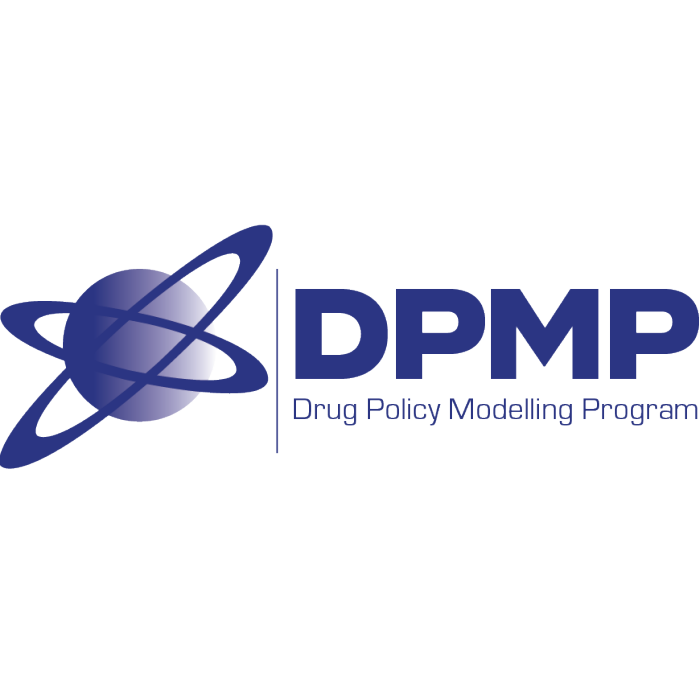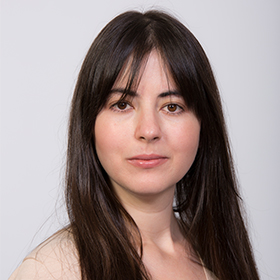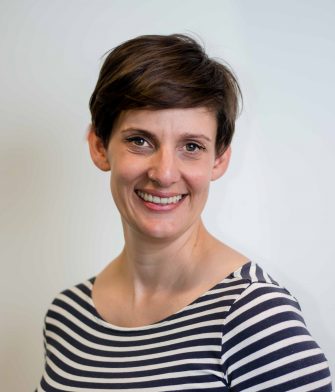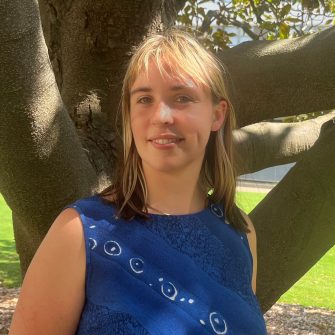Drug Policy Modelling Program

The Drug Policy Modelling Program (DPMP) aims to improve alcohol and drug policy
Drug policy, drug use and drug harms are dynamic: we do not have a set view of what drug policy should be – rather the key goal is to help generate effective drug policy based on the best research findings.
The goal of the DPMP is to create valuable new drug policy insights, ideas and interventions that will allow governments to respond with alacrity and success to drug-related problems. We do this through generating new research evidence which is timely and relevant to current drug policy issues; translating research findings into meaningful information to assist policy decision-makers, and studying policy processes.
We are at the cutting edge of international work in alcohol and drug policy and conduct commissioned research for governments across Australia. We have strong collaborations with the National Drug and Alcohol Research Centre (NDARC) and also partner with a wide range of stakeholders including government departments, drug consumer groups and peak bodies. Our core funding (2004–2012) was received from the Colonial Foundation Trust, a private Australian philanthropy.
Goals of the DPMP
- Build systems and approaches to enhance evidence-informed illicit drugs policy
- Develop and adapt new tools and methods for policymakers
- Show the value of these tools by dealing with specific problems raised by policymakers
- Generate new ideas and insights that can lead to new policy
- Conduct rigorous research that provides independent, balanced and non-partisan analysis and improves the quality of the evidence
- Evaluate the effectiveness of the tools, methods, policy support and new interventions
We aim to achieve our goals through three key activities:
1. Generating new research evidence
2. Translating evidence for policymakers
3. Studying how policy actually gets made
All our work is underpinned by a focus on capacity-building:
- Encouraging researchers from other areas to work in the alcohol and drugs domain
- Providing consultancy and support to policymakers to improve their use of research evidence
- Providing a vigorous doctoral and postdoctoral research program
- Working in partnership with existing drug research centres and teams
- Bringing international expertise to Australia
- Disseminating our work to researchers, policymakers and the public.
Our interdisciplinary team
Our team spans Complex Systems Science, Criminology, Economics, Epidemiology, Integration and Implementation Sciences, Law, Medicine, Political Science, Psychology, Public Health, Public Policy, Sociology and Systems Thinking.
We aim to facilitate new drug policy insights, ideas and interventions that would not have been possible or apparent through the study of one aspect, or from one disciplinary perspective. Our interdisciplinary approach reflects the richness and complexity of the real world of drug use and drug policy.
Related people
-
Alongside the DPMP team located at the Social Policy Research Centre, and the PhD students within DPMP, the DPMP drug policy network includes:
- A/Prof. Caitlin Hughes, Flinders University
- Dr Jenny Chalmers, UNSW
- Dr Kari Lancaster, UNSW
- Dr Katinka van de Ven, UNE
- Dr Marian Shanahan, UNSW
- Dr Matthew O’Reilly, NSW Police
- Dr Michael Livingston, Latrobe
- Dr Monica Barratt, RMIT
- Dr Suzanne Nielsen, Monash
- Dr Vivienne Moxham-Hall, Kings, UK
- Prof. Lorraine Mazerolle, UQ
- Prof. Paul Dietze, Burnet
- Prof. Robin Room, LaTrobe
- Prof. Pascal Perez, Uni Wollongong
- David MacDonald, ACT
- Prof. Margaret Hamilton










